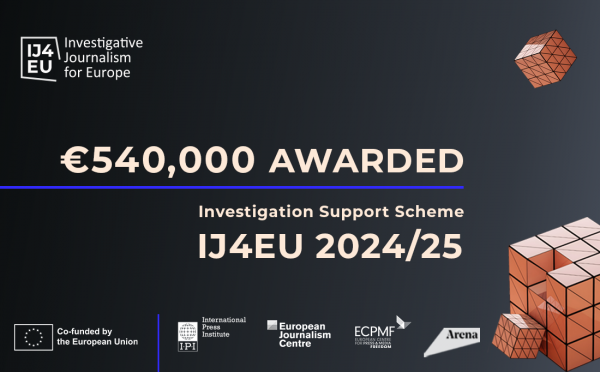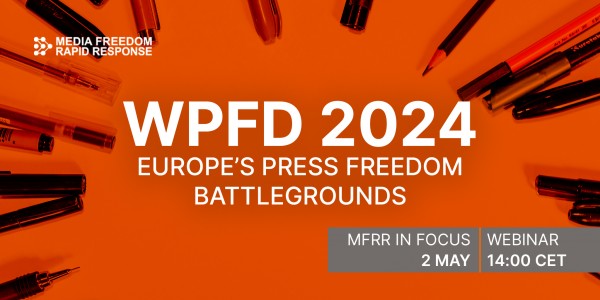Recent moves by members of Slovakia’s judiciary are creating growing pressure that threatens press freedom in the country, the Slovak Committee of the International Press Institute (IPI) said Saturday.
IPI Slovensko made the claim in a statement expressing “deep concern” over two recent cases in which the group alleged that members of the judiciary have behaved “as though they are a class of untouchable people”.
One, the “Bonanno” case, involves claims by current and former members of Slovakia’s judiciary seeking a total of €940,000 from a tabloid that published photographs and video from a 2010 party that appeared to depict acts making light of a then-recent mass murder. The case is named for a small resort hotel where the party took place.
The other case involves a court order requiring daily newspaper Sme to apologise for a September 2012 report that Special Court Judge Michal Truban, a member of Slovakia’s Council of Judges, was allowed to hunt for free during a 2008 hunting trip. Critics argued that the trip constituted a gift in violation of a court rule because any other hunter would have needed to pay the property owners for game animals the judge took during the hunt.
Truban did not deny having paid no money for the animals, but he argued that he received no gift because he, in turn, allowed the property owners to hunt game on his father’s property. He filed suit alleging that the newspaper impugned his honour, dignity and reputation, and infringed on his privacy.
A court in March upheld an order requiring Sme to run three separate apologies for the article or face a €150,000 fine. Sme published the first of the apologies on its front page last Friday.
The full text of the statement by IPI Slovensko can be read below.
Statement by the Slovak Committee of the International Press Institute (IPI) Slovakia on recent cases of Slovakia’s judiciary threatening the freedom of press
The Slovak committee of the International Press Institute (IPI) – IPI Slovensko – is deeply concerned about growing pressure by courts, judges and the judiciary in general on the freedom of the press guaranteed by the Constitution of the Slovak Republic.
Lawsuits filed by judges and prosecutors in the Bonanno case, and, most recently, a court decision pertaining to the case of Judge Truban against the daily Sme, are direct threats to media, acting as representatives of the public in performing their basic function of informing the public and controlling state power.
Both cases of attacks on media evoke justified concerns that judges, prosecutors and the judiciary in general behave as though they are a class of untouchable people, sheltered from criticism and ultimately beyond the reach of public control. Yet, even in its decisions, the judiciary cannot stand above all and must accept the fact that it must be controllable by the public.
In the Bonanno case, the media is being accused for journalists having revealed the inappropriate behaviour of judges and prosecutors, who acted at odds with the code of judicial ethics. In the case of Judge Truban, it is not only that the court did not respect the fact that the daily published true and factual information, which no one has denied, for which the daily now has to apologize. But by ordering the daily to publish the apology on its front page, the court directly infringed upon the responsibility of the publishing house and editor-in-chief for the content of media they publish.
The IPI Slovensko calls on state bodies – including the Slovak Parliament, the Slovak government and the Ministry of Justice, as well as the judges and prosecutors themselves – to, with due respect towards the independence of the judiciary, create conditions for eliminating practices of limiting the freedom of speech and the press.
The IPI Slovensko will inform its partner institutions abroad, such as the IPI, OSCE and Council of Europe about the current situation as well as concrete cases of threats to press freedom.
On behalf of the IPI Slovensko,
The Board of the Slovak Committee of the International Press Institute (IPI)
Pavol Múdry
Chairman of the Board


